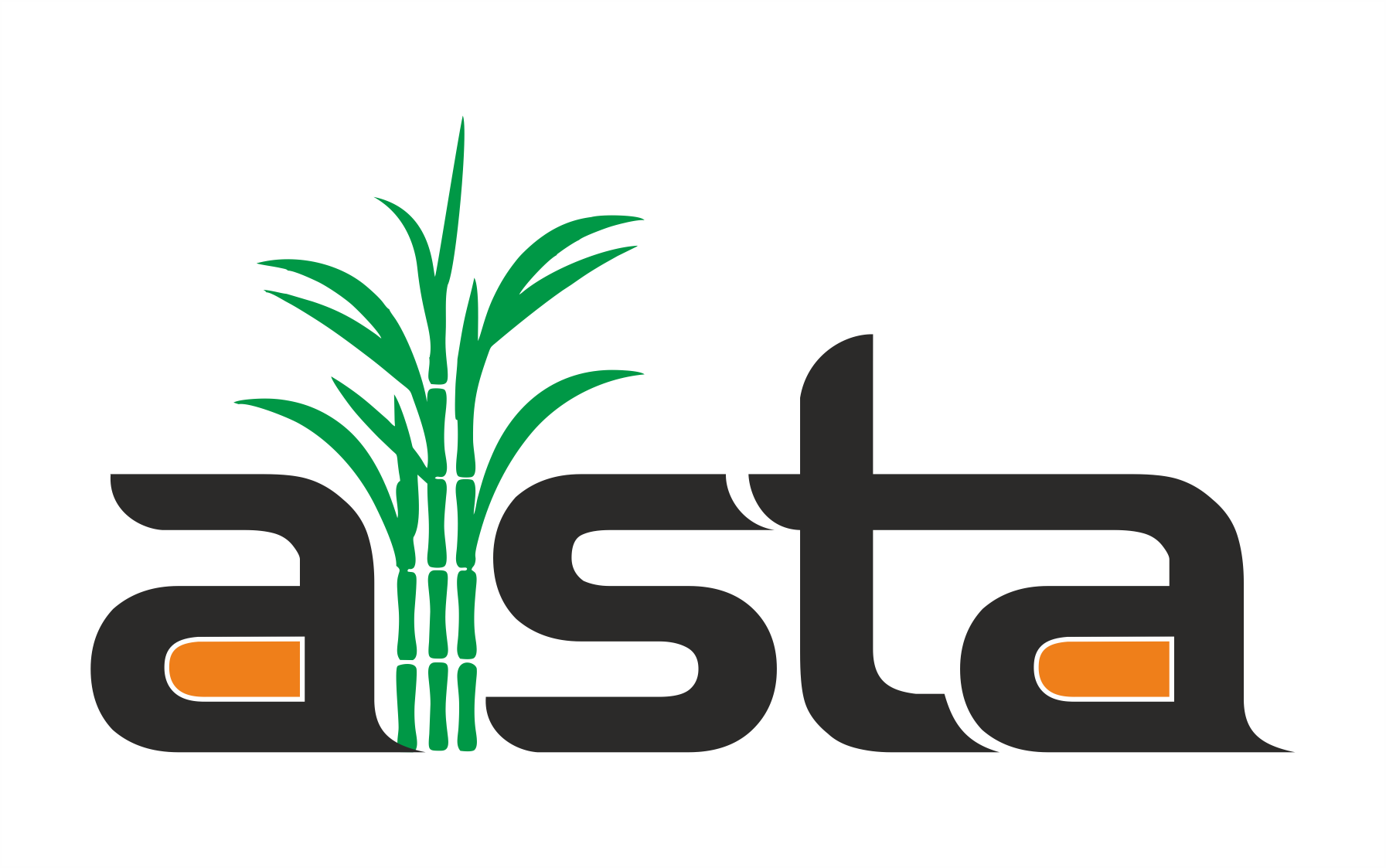TN’s private sugar mills to settle cane arrears in one go
Each private sector sugar mill in Tamil Nadu will shell out a one-time, additional sugarcane price totalling ₹8-12 crore to resolve the issue of arrears of State Advised Price claimed every year by the farmers.
Revenue-sharing model
The industry has opted for this “short-term pain in the interest of long-term sustainability in sugarcane pricing,” said sugar industry sources.
This will mean that the industry in Tamil Nadu can move forward to a viable revenue-sharing formula for cane pricing from the current season (October-September) onwards.
According to industry sources, the amount of ₹200 crore for the private sector sugar companies is based on an agreement that each company has arrived with its sugarcane farmers.
Palani G Periasamy, President, South Indian Sugar Mills Association-Tamil Nadu, said the companies will pay about ₹40 a tonne of cane a year supplied over four years from 2013-14 to 2016-17 sugar seasons.
No SAP for 4 years
This follows an agreement reached last week after discussion with the State government and farmers.
During this four-year period, sugar companies had categorically declined to pay the SAP — a price set by the State government over and above the mandatory Fair and Remunerative Price — as it was unviable.
The SAP is only a recommendation or advised price.
The sugar mills have been demanding a shift to a revenue-sharing formula based on price of sugar and by products.
But this had emerged a sore point as farmers have been claiming arrears of over ₹1,200 crore in SAP.
Industry sources said at the meeting presided over by the Electricity Minister P Thangamani last week, it was decided to go for the one-time settlement.
The State government has urged the mills to make the payments ahead of the Pongal festival.
Output shrivels
During 2016-17, sugar production in Tamil Nadu was close to 12 lakh tonnes from 119 lakh tonnes of sugarcane. In the current 2018-19 season, the output could be down by half due to continued deficit of water for irrigation over the last four years.
Source: thehindubusinessline:Published on 2018-01-12

